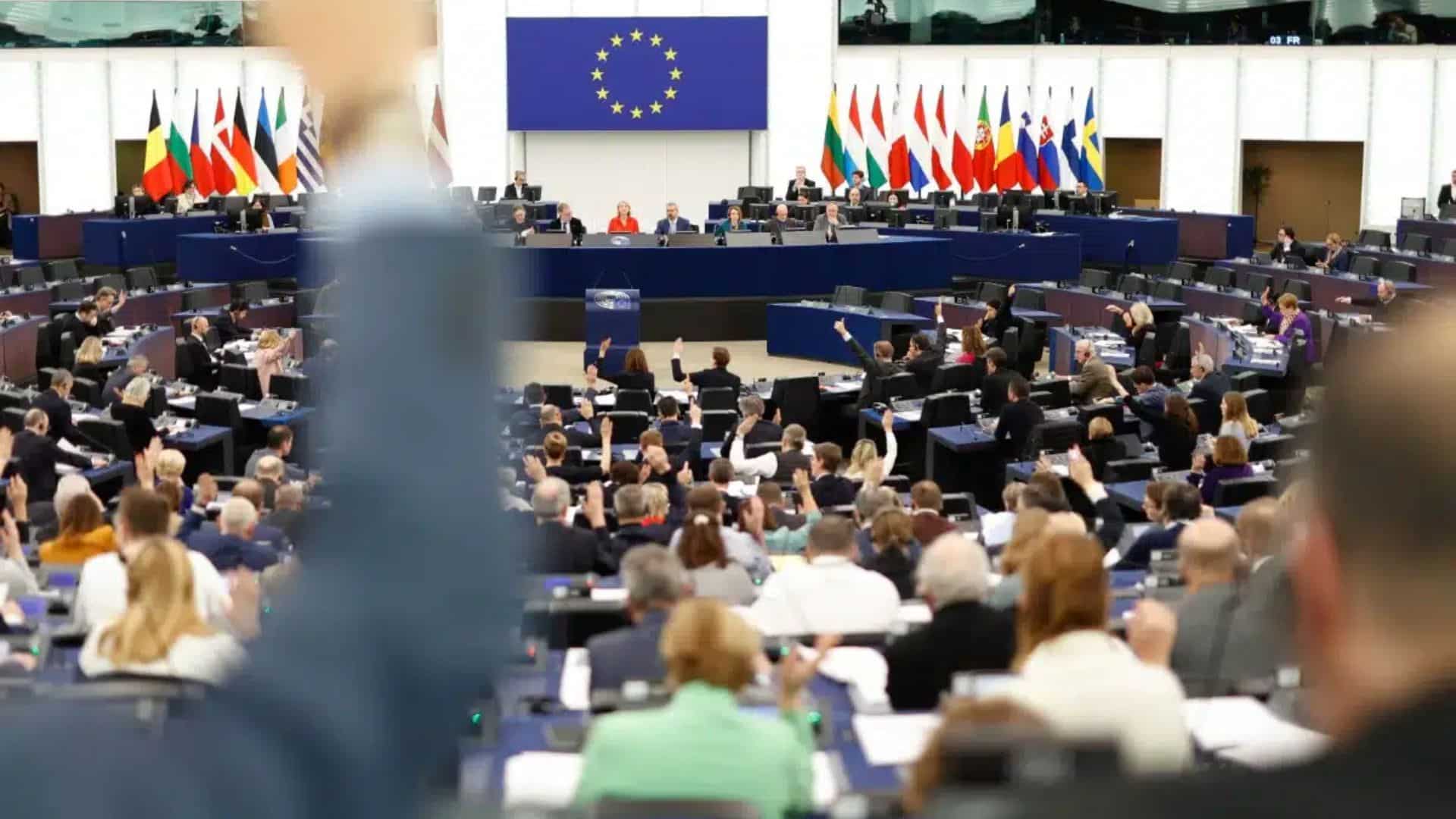
The EU has suggested a youth mobility deal with the UK aimed at facilitating travel, work, and residency for young people in both regions
The European Commission has put forward a proposal to commence negotiations with the United Kingdom aimed at facilitating the mobility of young individuals between the EU and the UK following Brexit. This proposal intends to counteract the disruptions to free movement caused by the UK’s exit from the EU, which occurred after a referendum in 2016. The focus of the proposal is on individuals under the age of 30, granting them the ability to reside, work, and study in the host country for up to four years. The initiative is designed to enhance opportunities for young people to engage in cultural, educational, research, and training exchanges across the English Channel.
Additionally, the agreement aims to harmonize the conditions for university students by ensuring equal treatment in terms of tuition fees. Currently, EU students studying in the UK are subject to international rates, which can be significantly higher than domestic fees, potentially deterring them from pursuing education in the UK. The European Commission’s proposal seeks to address these disparities, which it believes are a substantial obstacle for EU students.
The proposal by the Commission now awaits the approval of EU member states, who must agree before negotiations with the UK can officially begin. Meanwhile, the UK government has expressed its willingness to explore similar youth mobility agreements. It cited its ongoing Youth Mobility Schemes with countries like Australia and New Zealand as successful precedents and expressed its openness to expanding these arrangements to include EU member states. The British government emphasizes that these agreements are valuable for cultural exchanges, contingent upon reciprocal opportunities being available for young people from the UK.









